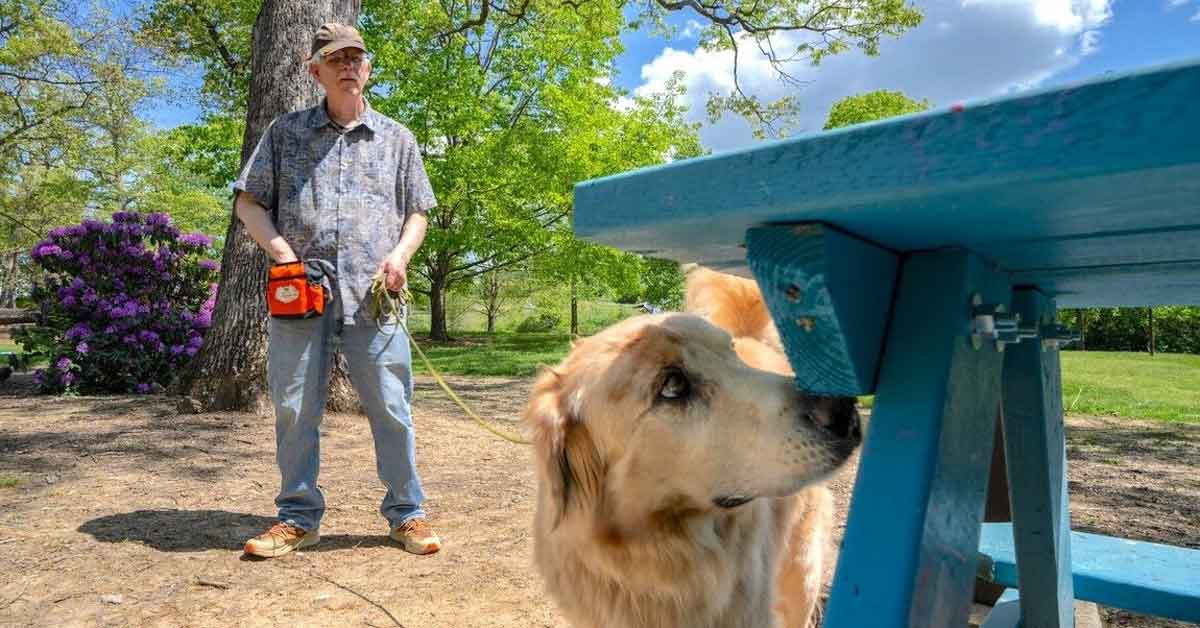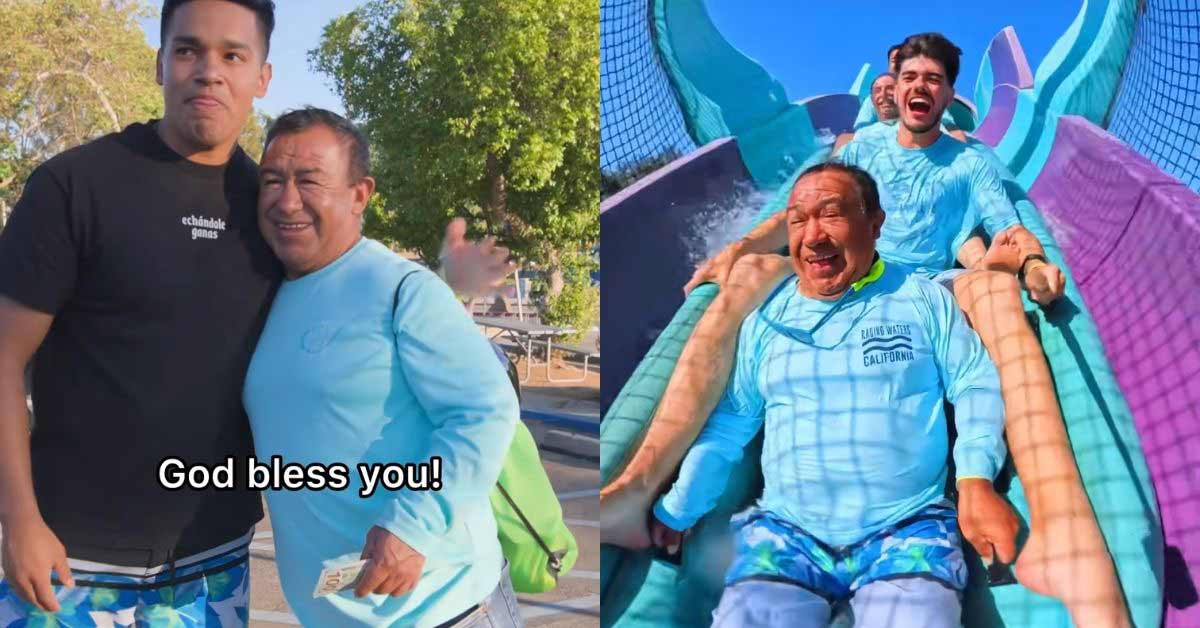The volunteers who take part in search-and-rescue operations and then support disaster survivors belong to organizations that have become more formal and established over the past decade.
That’s what we found after spending more than four years volunteering alongside eight of these groups to better understand their role and the motivations of the people who participate in these efforts.
We did this research as part of a larger team of sociologists, an urban planning scholar and emergency management specialists. All of us worked alongside civilian volunteer search-and-rescue groups from Louisiana and Texas between 2017 and 2022 during and after many hurricanes, including Harvey and Laura, the winter storm known as Uri and other major disasters.
While we volunteered with these organizations, we observed them in action and interviewed their leaders and volunteers to learn why they were making the time and taking personal risks to save others. Many cited their personal values, expressed their need to belong to a group, and said it had helped them find a sense of purpose.
Others shared that they were motivated by their personal circumstances and experiences or feelings of guilt, or that this kind of volunteering gave them a deep sense of satisfaction.
“I lost everything I owned in Katrina. They deemed my family’s property uninhabitable,” said a boater we’ll call Dylan to protect his anonymity. “I can’t sit here after knowing what it is to lose everything.”
Some volunteers said that one reason why they have repeatedly done this work is to counter stereotypes about people who engage in these efforts. When he’s heard people say, “Oh you’re just out there, doing it for the spotlight,” said Roger, he told us he wants to respond by saying, “Yeah, dude. If you flood, call me, I’ll come get you.”
While the organizations we researched were based in Louisiana and Texas, the volunteers who participate in these efforts come from across the U.S. and, in some cases, other countries. One volunteer we met was from the United Kingdom.
Why it matters
Since Hurricane Katrina struck the Gulf Coast in 2005, volunteers have been participating in search-and-rescue efforts after big disasters — especially in that region. But these volunteers come from all over.
Many of these groups are known as “Cajun Navy” organizations. Whether or not these organizations use the Cajun Navy branding in their names they share, a common mission of helping others in emergencies.
These volunteers aren’t just operating boats and helicopters. Others serve as dispatchers, handle logistics, and run social media operations.
Over time, some of the organizations have begun to team up with local emergency responders, signing memorandums of understanding with them. They partner with government agencies while assisting in disaster response and relief efforts, but they primarily operate with autonomy and are able to travel where they perceive the need is greatest.
This kind of group tends to dissolve after a disaster is over, instead of evolving into an established nonprofit.
But many of the eight groups we studied have become nonprofits or are in the process of doing so.
How we do our work
We were able to do this research by becoming volunteers ourselves. We took part in dispatch operations on the ground and remotely, and we supported logistics planning. We also observed and, in some cases, participated in search-and-rescue training and operations in the water and on land.
The Research Brief is a short take about interesting academic work.
This article by Kyle Breen, from Texas A&M International University, and J. Carlee Purdum, from University of Houston, was originally published by The Conversation.



